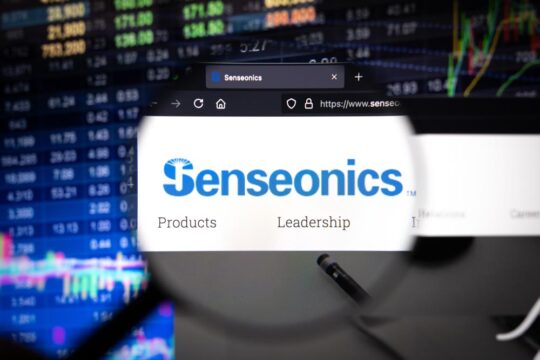Advertisment
BSH 2017: Cancer-related chronic fatique – internet and digital technology solutions
Chronic, cancer-related fatigue (CRF) is associated with a sudden- onset, profound lack of energy that is not relieved by rest. It is different from the fatigue experienced by healthy people and calls for different remedies …
Cancer-related fatigue (CRF) can be a chronic condition – after treatment for Hodgkin lymphoma (HL) one third of patients experience CRF for up to 22 years, said Dr van der Lee. A survey of more than 4000 patients by the German HL group reported that severe, acute fatigue was common and frequently persisted for up to five years. Fatigue was independent of tumour stage and treatment but related to age. Fatigue led to major functional impairment especially in relation to social interactions and alertness.
Cancer-related fatigue is multifactorial but important risk factors were anaemia, raised ESR and baseline fatigue. Psycho-social factors such as coping with chronic illness, anxiety and depression can be responsible for perpetuating fatigue. Behavioural therapy focuses mainly on psycho-social factors, sleep disturbance and deconditioning.
There are many effective behavioural therapies for chronic CRF. The ‘Fit after Cancer’ study conducted in Dr van der Lee’s institution was a randomised, on-line study. It compared three different interventions – ambulant activity feedback by physiotherapists (AAF), mindfulness-based cognitive therapy (eMBCT) with feedback from psychologists and psychological education (PE). In total 167 patients were randomised to the three treatments. Treatments were given for nine weeks and patients were followed up for nine months. AAF was designed to improve the balance of activity and level of physical activity. Participants wore a gadget on their hips that recorded their levels of activity. They received emailed feedback from a physiotherapist each week to guide them towards a balanced level of activity. MBCT aims to change behavioural and cognitive factors to promote better acceptance, improved relaxation and self-management. At end of each week patients score themselves in several domains and write a brief narrative account of their week; again they receive weekly feedback by email.
The primary outcome measure was the Checklist Individual Strength – fatigue severity subscale (CIS-FS) and the secondary outcome was mental health measured by the positive and negative affect scale (PANAS) and the hospital anxiety and depression score (HADS). The results showed that both AAF and eMBCT were superior to the simple provision of information and were maintained over time.
An app for mobile phones called Tired of Cancer (www.tiredofcancerapp.com), based on MBCT techniques has been developed by cancer psychologists in The Netherlands and translated into several languages. Early feedback from patients indicates that the app is easy to use and gives people an increased feeling of control.





